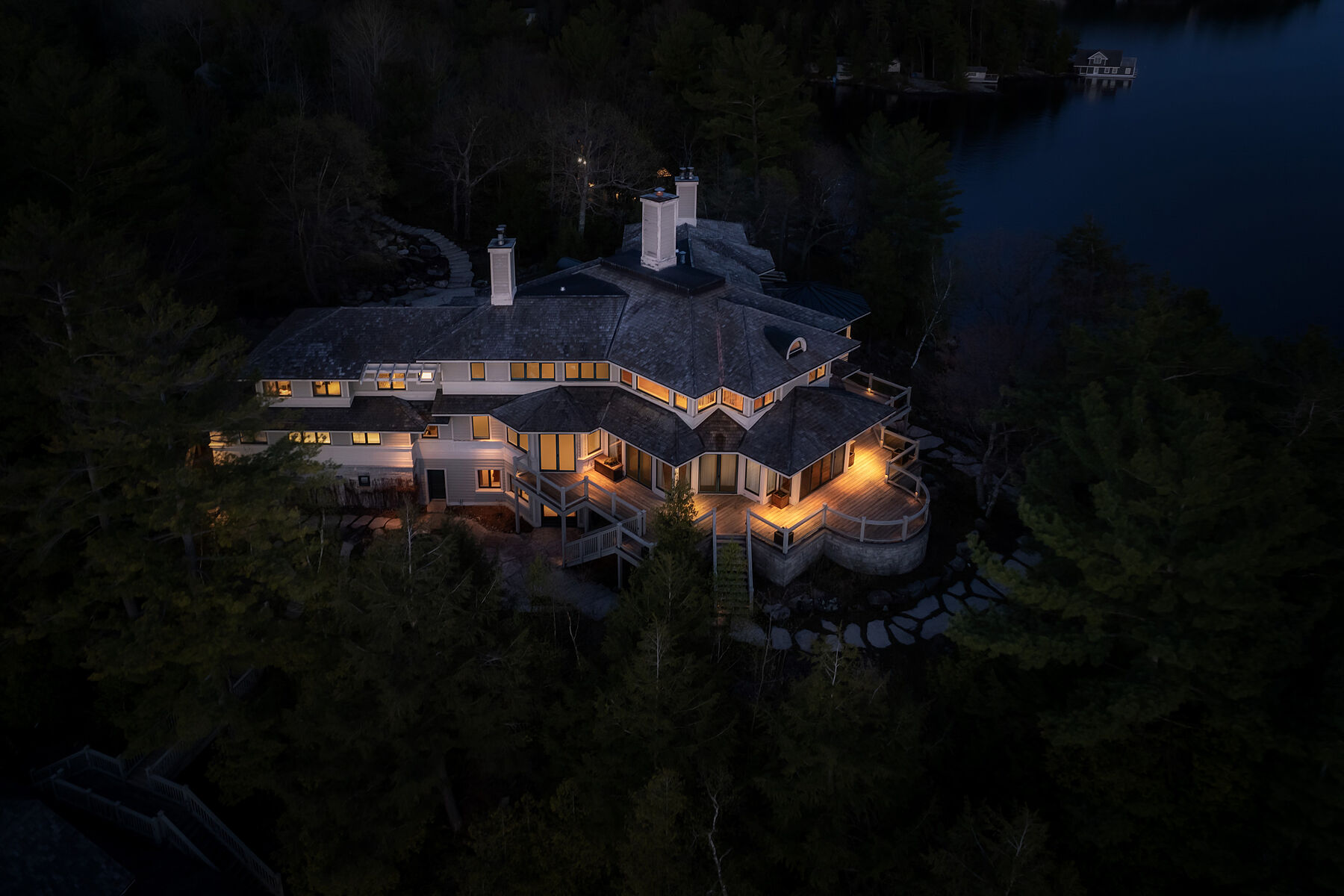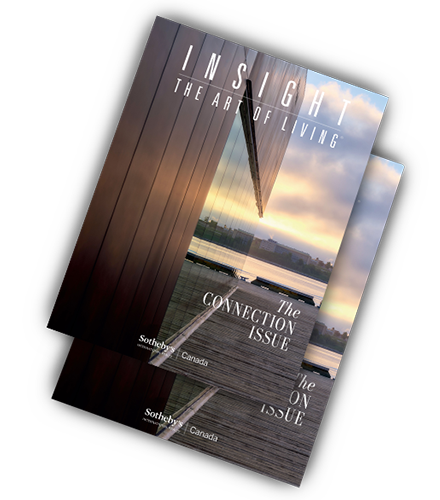Selling your Canadian cottage can be a difficult decision to make. Whether you’re selling in hopes of upgrading to a new cottage or have decided that upkeeping multiple properties is too much work, here are some things to be aware of when selling your cottage.
Capital Gains Tax
While in Canada, you’re typically exempt from paying taxes on any capital gains from the sale of your primary residence; this does not apply to secondary properties. With proper planning, you can leverage certain provisions to minimize its impact. Before you decide to sell, connect with a real estate expert to learn more about the applicable tax rate and deductions to maximize your gains.
Increase Your Adjusted Cost Base (ABC)
Capital gains are calculated by subtracting the adjusted cost base, which is what you paid for your cottage, along with any closing costs from the proceeds of the sale. You can lower the amount required for your capital gains tax by increasing the ACB. The ACB includes any enhancements or additions you’ve made to your property, for example, building a new deck or boat house. Locate any receipts from renovations to your property and be sure to add them to the ACB.
Time Your Selling Strategically
Since the capital gains tax is based on your income tax bracket, it can be useful to strategically list your cottage at a time when your income tax bracket is considerably lower—for example, if you or your partner are on leave or planning to retire. This will optimize your tax liabilities and help you secure a favourable selling price.
Perform Repairs Before Listing
Like many Canadians, it’s likely that your cottage has been part of your family for decades, or perhaps even generations. It’s natural that there may be some wear and tear to the property over time. While these may not bother you, buyers are often looking for a home that is in perfect condition. This is especially true with cottages, since the idea of having to spend several months and thousands of dollars on repairs after the sale is the opposite of relaxing. Ensure you take care of any repairs before listing to attract more potential buyers at a higher listing price.
Beware of Pricing Too High
Be careful not to let emotional attachment to your cottage lead you to overestimate the value of your property. If you list too high, you’ll exclude potential buyers. Keeping the cottage on the market for too long and gradually decreasing the listing price can also deter buyers, as they may question if there’s something wrong with the home. Rely on your real estate agent and their market analysis to give you a competitive listing price that will attract buyers and ensure a smooth and timely sale. Explore our Canadian getaways in British Columbia, Alberta, Ontario, and Quebec.








